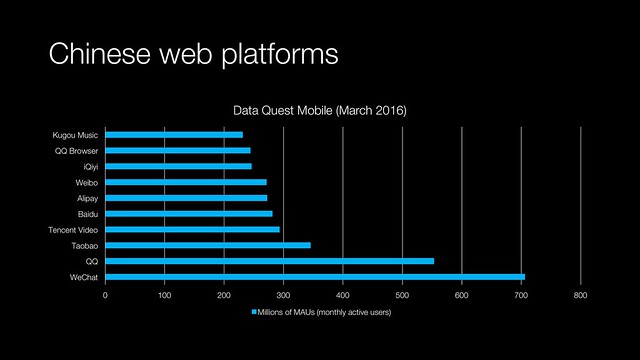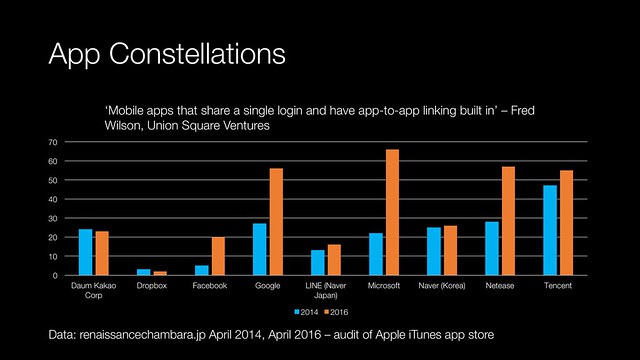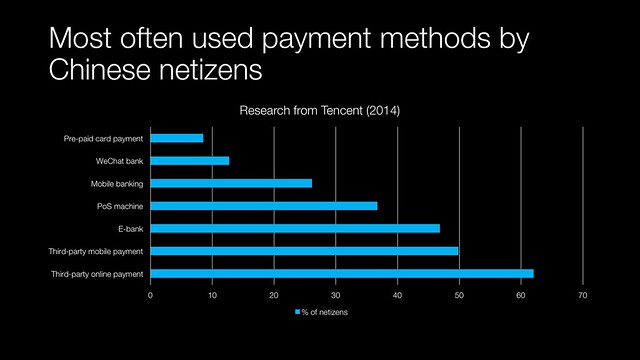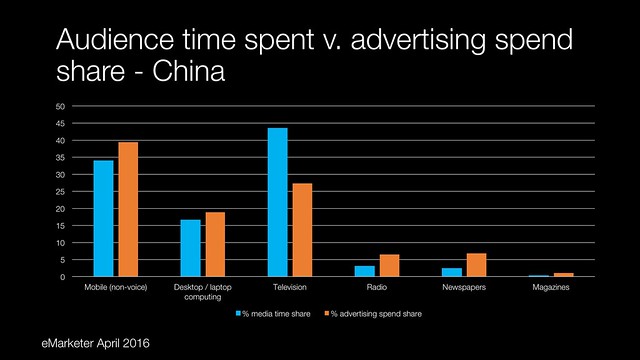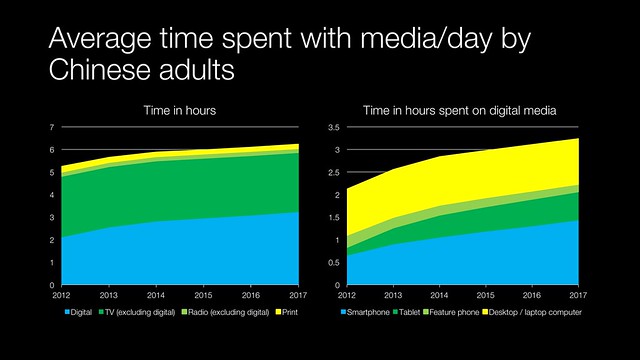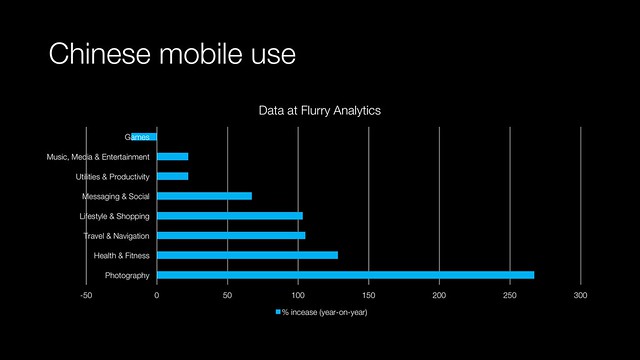Gucci apologises for sending warning letters to Hong Kong shops over paper handbag offerings – context, context, context. Paper items are burned as offerings for the dead to take them into the next life. It tends to be things that they loved or are likely to need. Gucci apologises because it got context wrong, there is zero cannibalisation of Gucci bag sales. More on luxury-related items here.
Facebook drives more traffic to articles, but Twitter users spend more time reading them – Do small screens translate to shortened attention spans? Not so, suggests a new report from Pew Research Center. Turns out mobile users are spending twice as much time reading long-form articles
Majority Of Germans Think The Media Is Controlled By Political, Economic Elites – According to a recent survey, the majority of people in Germany view the news media as simply a pillar of the government and the powerfully elite – which will have an impact on trust
China’s Internet Giants Back A Smartphone On Four Wheels – smarter cars a la Tesla
Canada cites espionage risk from two Huawei employees, saying it plans to reject their immigration applications | South China Morning Post – Huawei still has a trust gap. Canada might be especially sensitive given how throughly pwned Nortel was by China based hackers in years prior to their bankruptcy
Dentsu Aegis Network Buys Hot Chinese Agency With Focus on Mobile, Retail, WeChat | AdAge – congrats to VeryChat
Killing an American icon: Fuel delivery start-ups could downsize U.S. gas stations | SiliconAngle – something about this feels iffy to me. Service stations have a lot of safety restrictions for good reason, that could fall between the cracks in the ‘Uber model’. The margins in running gas stations are actually about the convenience store part of the business, not the fuel. It may make more sense in electric vehicles with easily swappable battery packs???
Apple to Revamp Streaming Music Service After Mixed Reviews, Departures – Bloomberg – if the sub-editor had honesty tourettes this would read, ‘Veterans scarpered, Apple strives to make streaming service less shit’. ★ Apple Music and Coherent Product Design and Marketing | Daring Fireball – John Gruber on Apple Music, he is less negative than Bloomberg
BlackBerry brings video calls to BBM on Android and iOS; North America only for now | VentureBeat | Apps | by Paul Sawers – way too late for many people to care – way behind Skype for Business let alone LINE, WeChat, WhatsApp, Facebook Messenger etc etc
Huawei G9 Lite released in two versions in China | Gizchina – interesting positioning as it seems to sit awkwardly between Honor and Huawei’s P series
The Who, What & Why of Activist Investors’ Attacks | EE Times – McKinsey seem to have incredibly rose-tinted glasses about this, presumably not to disrupt business in other practice areas such as banking…
The truth about social media algorithms – and why marketers should welcome rather than fear them | The Drum – basically the spiel that he gave at We Are Social last week


